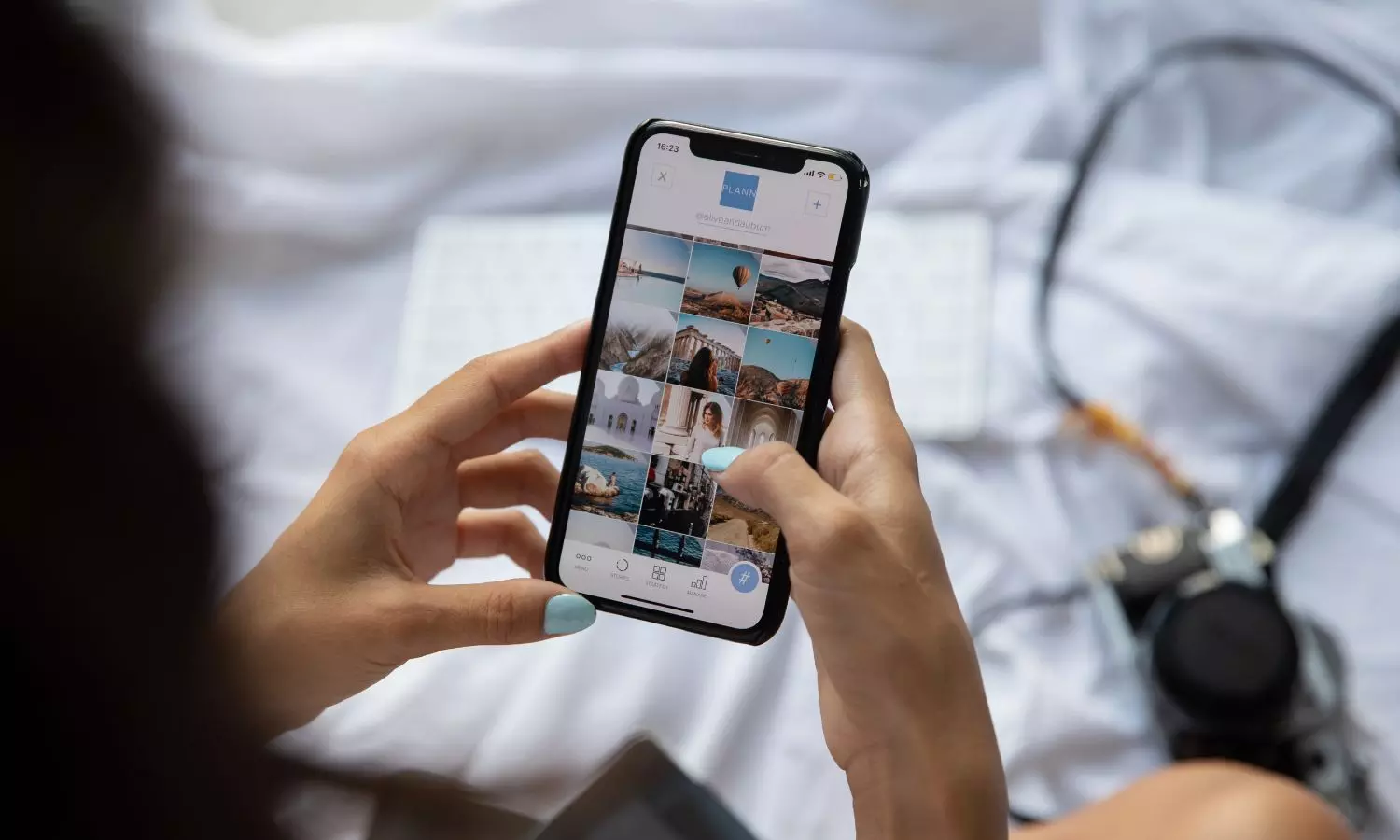Getting a Smartphone Before Age 13 May Harm Mental Health: Study

New Delhi: Children who own a smartphone before the age of 13 are more likely to face serious mental health challenges as young adults, according to a major international study involving over 100,000 participants.
The study, published in the Journal of Human Development and Capabilities, found that young adults aged 18 to 24 who received their first smartphone at age 12 or younger were more likely to report a wide range of mental health issues. These include suicidal thoughts, emotional instability, detachment from reality, low self-esteem, aggression, and difficulty regulating emotions.
Researchers said the early use of smartphones often leads to early exposure to social media, which brings an increased risk of cyberbullying, poor sleep habits, and strained family relationships. These factors appear to contribute to the long-term negative effects on mental well-being.
“Our data shows a clear connection between early smartphone use and a decline in mental health and well-being in adulthood,” said lead author Dr. Tara Thiagarajan, a neuroscientist and Chief Scientist at the US-based research organisation Sapien Labs.
Thiagarajan emphasised that traditional mental health screening tools do not always capture these symptoms, as they often go beyond classic signs of anxiety and depression. She called for urgent policy changes to protect children’s mental health and development.
The researchers recommend that governments adopt a cautious approach—similar to regulations on alcohol and tobacco—by limiting smartphone access for children under the age of 13. They also urge the implementation of mandatory digital literacy programs and stronger corporate accountability for tech companies.
Several countries, including France, Italy, the Netherlands, and New Zealand, have already taken steps to limit or ban the use of smartphones in schools. In the United States, some states have passed laws requiring schools to develop smartphone usage policies to reduce screen time among students.
The data for the study were gathered using the Mind Health Quotient (MHQ), a self-assessment tool that evaluates emotional, cognitive, social, and physical well-being. The findings revealed that the earlier a child received their first smartphone, the lower their mental health scores in adulthood.
The negative effects varied by gender: girls showed lower levels of emotional resilience, self-worth, and confidence, while boys showed decreased calmness, empathy, and emotional stability.
Dr. Thiagarajan warned that early exposure to AI-driven digital environments could be fundamentally reshaping how young people think, feel, and relate to the world, posing long-term consequences for both individuals and society as a whole.


